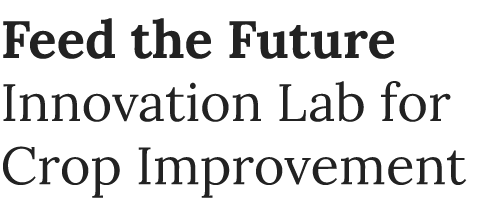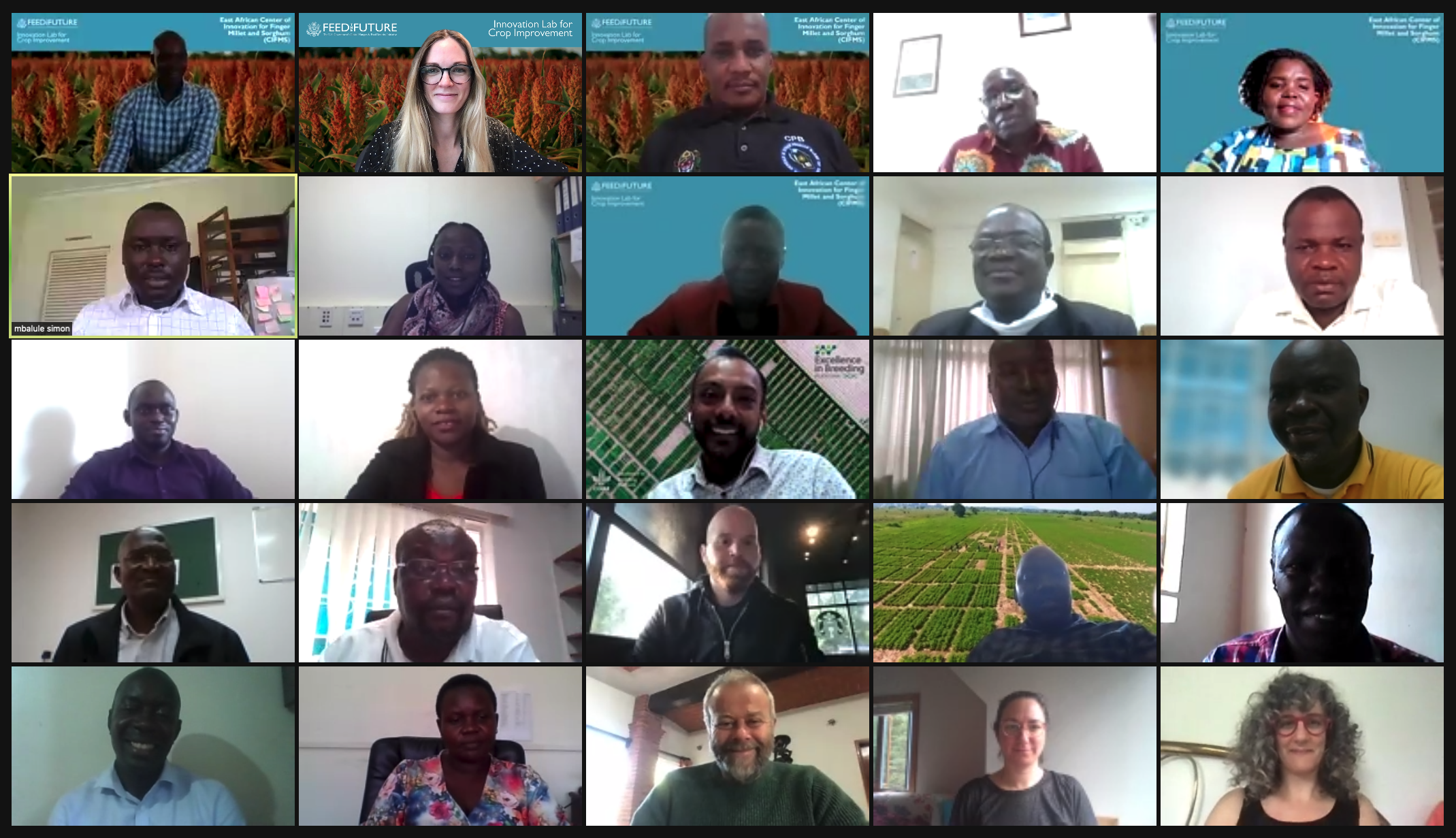The Center of Innovation for Finger Millet and Sorghum (CIFMS) officially launched as 41 participants came together virtually across East Africa and North America. In its three-year duration, CIFMS will harness sorghum and finger millet genetic resources for increased productivity and utilization in the arid and semi-arid regions of East Africa.
Led by the National Semi-Arid Resources Research Institute (NaSARRI) in Uganda, the Center unites strategic partners from KARO (Kenya), TARI (Tanzania), ICRISAT (India), and NARL (Uganda), Makerere University (Uganda), international research breeding platforms and Cornell University (USA).
The Center will develop cutting-edge tools, technologies and methods to empower smallholder farmers particularly women, youth and the poorest of the poor residing in the region with a goal to transition from a substance existence to one of increasing incomes, resilience and food and nutritional security.
“CIFMS will provide a framework for national programs to leverage resources, strengthen synergies, and harness opportunities to accelerate development, release, promotion and adoption of varieties that address needs of women and men,”said Scovia Adikini, principal investigator at CIFMS.
Using a multidisciplinary approach, CIFMS will address 6 core objective areas: understanding of finger millet and sorghum value chains; market analysis and drivers of adoption; identification of resources of resistance to biotic and abiotic stresses and sources for nutritional quality; gene and molecular marker discovery for novel traits; optimization of tools and methods for efficient phenotyping; and rapid generation advancement of desirable traits.
“We must look at challenges at the regional level, for example for finger millet we must focus on drought, blast resistance, striga, and high Fe & Zn content,” said Moses Biruma, lead of trait discovery at CIFMS.
Its focus will be on prioritizing research that addresses farmers’ challenges and capitalize on opportunities that will trigger and stimulate many farming communities and the agricultural sector in East Africa to transcend from subsistence approaches to a more commercial approach.
As part of the restructuring at National Agricultural Research Organization (NARO), two Directors participated in the virtual launch event. Dr. Ambrose Agona, director general NARO, testified that NARO has abundant information and technologies, but that the challenge is how to best communicate about the technologies with stakeholders. He encouraged members to focus on crop improvement in order to avail food to those in most need, and to be accountable for the investments.
The Center is funded by USAID through the Feed the Future Innovation Lab for Crop Improvement.
Robinah Nakabaggwe is a communications coordinator at the National Agricultural Research Organization in Uganda.




